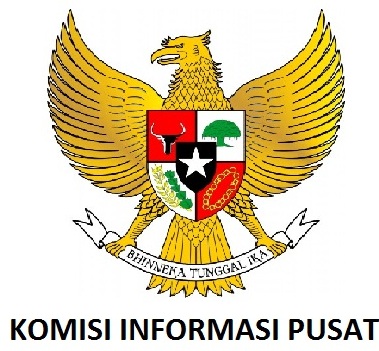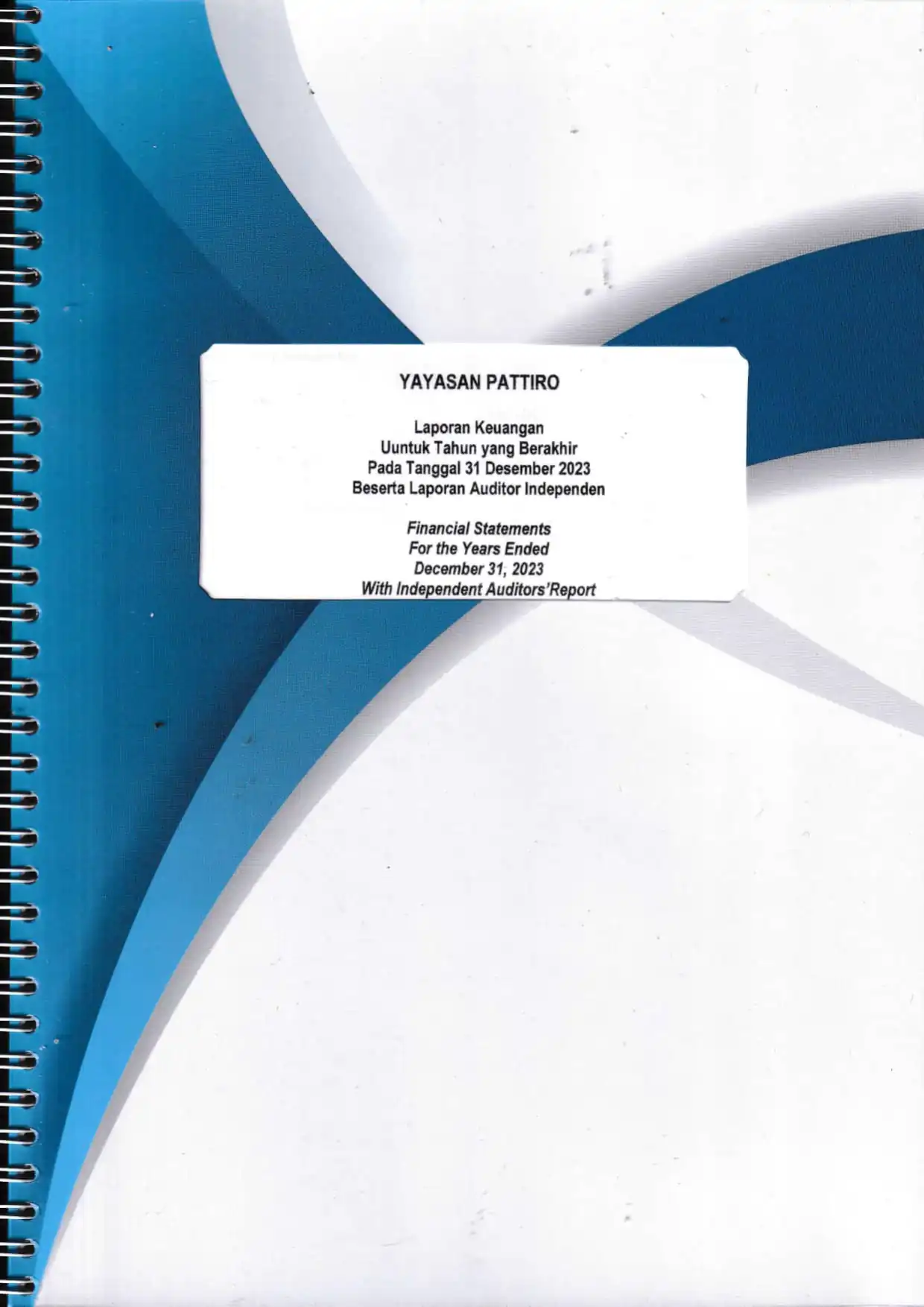
The DPR RI approved and appointed 7 (seven) Members of the Central Information Commission (KIP) for the 2013-2017 period, at the Plenary Session on Tuesday, 2 July 2013. The appointment of the seven elected KIP Commissioners after Commission 1 of the DPR through consensus deliberation conducted a test feasibility of 21 candidates for KIP Commission I DPR members, last 25-26 June 2013.
In the Plenary Meeting chaired by Deputy Speaker of the DPR, Taufik Kurniawan, at the DPR’s Nusantara II Building. Deputy Chairman of Commission I of the F-PD Ramadhan Pohan said that the seven names chosen were Abdulhamid Dipopramono, Dyah Aryani Prastyastuti, Evy Trisulo Dianasari, Henny S. Widyaningsih (incumbent), John Fresly, Rumadi and Yhannu Setyawan.
The DPR expects KIP members to immediately issue technical guidelines for public information service standards, as well as resolve public information disputes through mediation and/or non-litigation adjudication.
“We hope that the 7 elected members of the Central Information Commission for the 2013-2017 period can carry out the functions of a good Information Commission, namely as independent institutions to carry out Law No. 14 of 2008 and its implementing regulations,” said Ramadhan Pohan.
Apart from that, to anticipate the possibility of KIP members being permanently unable to attend, the DPR also approved four backup names, namely Wahyu Kuncoro, Halomoan Harahap, Juniardi, and Tiurma Mercy Sion Sihombing.
Furthermore, the DPR will convey this approval to the President to obtain the appointment of the President as a member of KIP for the 2013-2017 period.
Brief profiles of the seven KIP Commissioners for the 2013-2017 period are as follows:
1. Evy Trisulo
During this time, Evy Trisulo worked at the State Administration Agency (LAN), as one of the structural officials in Public Relations. He himself followed the journey of UU KIP from the process of making, socializing to implementation. At LAN, he teaches system administration, national insight, and several other subjects. According to him, openness must become a culture in the individual bureaucracy. So far, openness is only a formality in the bureaucracy. “For example, with the appointment of a PPID, it is as if the obligation of the law has fallen. Meanwhile, there is no leadership support,” he said. He also highlighted that openness needs to be a curriculum in education. As a public body, Fitra and MHS have asked for information. But it has been resolved, through mediation. Since 2010, offering PPID on the LAN, but the process is still being pushed back and forth.
2. Henny S Widyaningsih
Henny is a Communication Lecturer at FISIP UI who was also the Commissioner for KI last term. According to him, currently the Central Information Commission is prioritizing mediation because not many public bodies understand UU KIP. According to him, there should be an annual report from KI to the President, but so far it has been difficult to meet the President, only meeting with UKP4 once. KI has made guidelines for the formation of Provincial KI. Make operational and technical operational guidelines at the Information Commission within a year, play a role in mediating potential conflicts in IC, build evaluation and communication mechanisms. Internal: Commissioners must have competence, including in the field of law/judiciary, competence in the field of communication. External: build a communication network in all regions, encourage public understanding of UU KIP, encourage understanding and commitment of public bodies to the implementation of UU KIP by establishing communication with UKP4 and the Ministry of Home Affairs.
3. Rumadi
Rumadi is a Faculty Lecturer. Sharia UIN Syahid Jakarta and is also active in the Wahid Institute. When asked about the role of PTUN and KI by the Selection Committee, he explained that PTUN and KI were two different institutions. Administrative Court does not have the competence that KI has. He explained that information disclosure is part of efforts to maintain public reason which in Islamic literature is called the function of sharia to “guard reason” or public reason. A commissioner, according to him, must be clean from defects in morals, integrity, and resist temptations that undermine credibility. So far, the focus has been on human rights issues, especially freedom of religion. Freedom of religion, in frame, is the same as the issue of freedom of information. He stressed that the priorities for KI performance include assisting the implementation of UU KIP to non-state public bodies, such as religious public institutions, strengthening the internal structure of IC, providing assistance to ministries, providing reward & punishment to ministries for implementing UU KIP, and conducting outreach to the public..
4. John Fresly
John is a member of KI DKI Jakarta, had worked as an embassy code officer in Yugoslavia and assisted the Secretary of State Institutions. One opinion is that a consequence test is needed to further specify the excluded information. Regarding the State Secrecy Bill, according to him, the discussion needs to be postponed pending discussion of this consequence test. If elected, he will encourage the formation of IC in the provinces, encourage public agencies to be better prepared to implement the UU KIP, work together with the DPR and the Ministry of Home Affairs to encourage information disclosure, and improve procedural law in IC..
5. Abdul Hamid Dipopramono
Abdul Hamid Dipopramono, is a former Editor of the National Journal. According to him, he has a lot of experience in social and community organizations, experience in management, experience in the media, and has an extensive network, especially with media leaders. Meanwhile regarding the KIP Law, he is of the opinion that the punishment in the KIP Law is still too light (spreading classified information). According to him, socialization of UU KIP is currently lacking. In fact, according to him, people are still confused between KIP and KPI because KPI is more popular. To avoid budget irregularities, he will coordinate with the KPK, ICW, BPK. He said he had written articles on Information Disclosure and National Security. What are the work priorities at KI? According to him, among others institutional strengthening, human resource strengthening, improvement of IP web (Audio, visual, interactive and friendly), as well as internal consolidation of commissioners.
6. Yhannu Setiawan
Yhannu Setiawan is the Chairman of the Banten Province Information Commission. According to him, KI Banten Province has resolved 140 information disputes. KI Banten succeeded in encouraging all public bodies to form PPID in 2011, encouraging the use of IT in public information services in the prov/kab.kota government, establishing an MoU with the KPU, Panwas, pushing for an information disclosure agenda. Going forward, IC needs to encourage public agencies to be transparent, protect the rights of citizens, ensure citizens get the right to information, encourage complete internal and external systems in IC to become supporting agencies for other public bodies, encourage government public bodies to implement UU KIP through coordination at the ministry level. He is of the opinion that decisions on IC at the regional/central level should be able to become jurisprudence. The decision should also be a reference for other state institutions to manage information and documentation.
7. Dyah Aryani
Dyah Aryani, has been active in the 28 Foundation, a legal and media research institute. Currently also advocating the establishment of the Indonesian Film Agency. In addition, he is also an expert on Committee III DPD RI (religious education, culture, tourism, sports youth, women). According to him, KI should be authoritative, because with that authority, KI can guarantee and ensure that all public bodies implement UU KIP. He explained that the 28 Foundation had conducted research on the implementation of the UU KIP in three public bodies, the Ministry of Health, the Ministry of Education and Culture, and the National Police. The result? The Ministry of Education and Culture turned out to be the least open institution. The agenda that will be pushed at KI, includes: ensuring public bodies to implement UU KIP, encouraging the establishment of KI in all provinces, establishing synergies with the DPR and the media to encourage the implementation of UU KIP.




